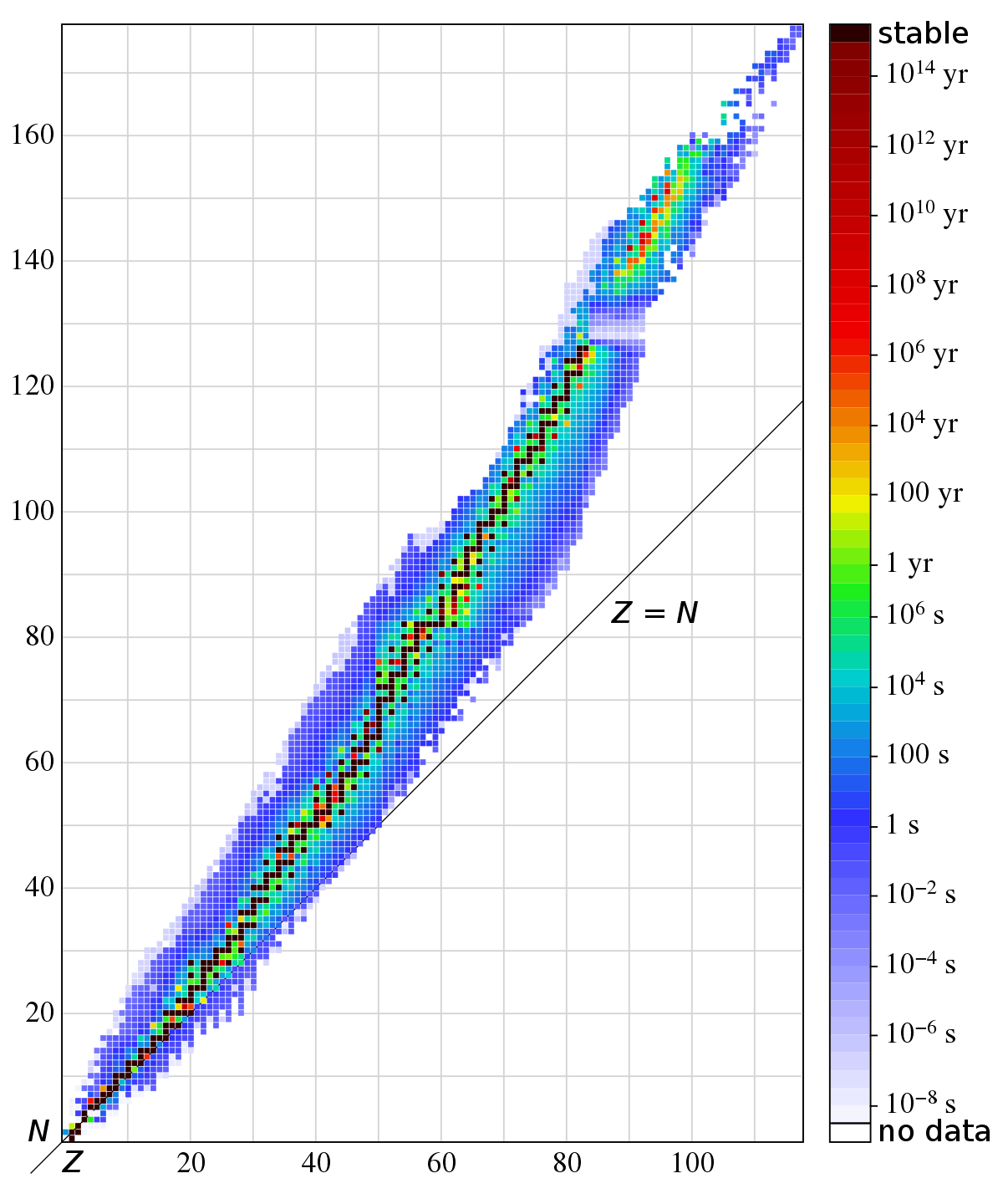

That’s not really a solid argument. Blocking is likely implemented as a very tiny piece of what is already very likely a massive table join operation. Computationally, it’s likely to have as much an impact on their compute costs as the floor mats in your car have on fuel efficiency.
Everyone already sees different content. It’s an inherent part of Twitter. It’s not a static site where everyone sees the same thing. You see the tweets of who you’re following, and don’t see tweets of those you’ve muted. All that filtering is happening at the server level. Any new tweets or edited tweets or deleted tweets change that content too, which is happening potentially hundreds of times a second for some users.
Anyway, caching would be implemented after a query for what tweets the user sees is performed to reduce network traffic between a browser and the Twitter servers. There’s some memoization that can be done at the server level, but the blocking feature is likely to have almost no impact on that given the fundamental functionality of Twitter.



If Trump wins, all these idiots that voted for him because “thuh conomee was better” are going to act all shocked when he actually does all the really insane stuff he’s promising to do and tried to do in his first term but the handful of rational Republicans around him stopped him from doing.
I saw interviews with voters recently that basically showed people don’t believe he’ll do all the crazy stuff he’s promising, that it’s just a negotiation tactic or to “keep the base onboard” or to “generate attention.”
When things really go to shit, I guarantee the people that voted for him will take no responsibility for it.